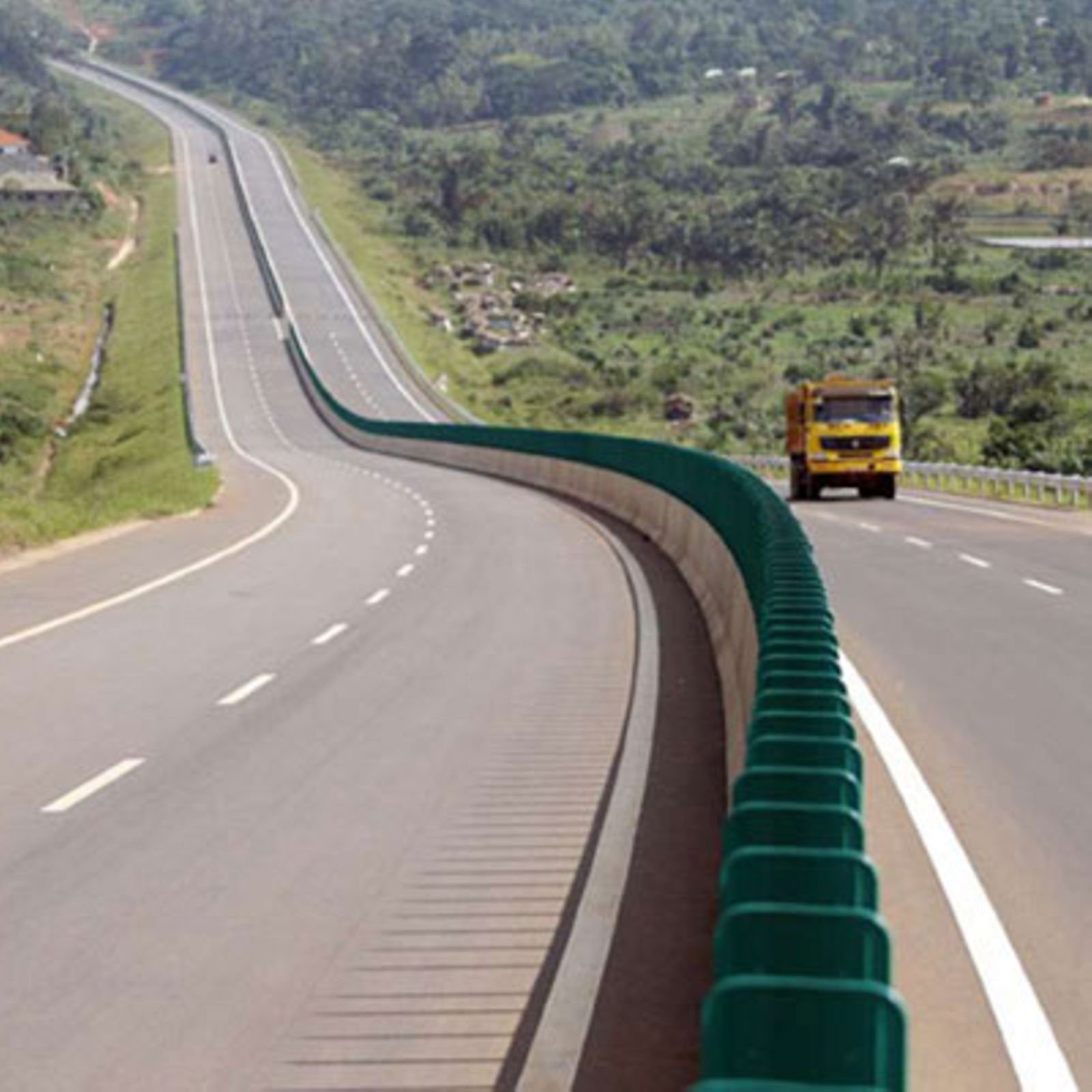Human Rights
Rampant Corruption on Uganda’s Highways

On May 24th, 2024, while traveling from Kasambya in the Mubende district to Kampala, I witnessed unsettling behavior by traffic officers of the Uganda Police Force. The taxi I was in was stopped eight times by eight different traffic officers at eight different locations.
At every stop, the driver would park, get out, and ‘speak’ to the officer at the back of the vehicle. As a passenger in the front seat, I was not privy to their conversation.
The first stop was at Katabalanga in Mubende District. Initially, I presumed this was a routine check by a designated traffic police officer to ensure the vehicle’s roadworthiness and the driver’s qualifications.
To my shock, what seemed normal was repeated seven more times between Mubende and Kampala.
The second stop was at Kalamba (Mu Kiganda), also in Mubende district, by another traffic officer. The same process was repeated: the driver stopped, parked, got out, and engaged with the officer at the back of the vehicle.
By the second stop, I became worried. Was the vehicle in poor mechanical condition? What about my safety? Out of curiosity, I asked the driver what was happening. To my surprise, the driver asked me if I was Ugandan! To cut a long story short, we were stopped eight times at the following points from Mubende to Kampala:
- Katabalanga – Mubende district
- Kalamba (Mu Kiganda) – Mubende district
- Mpamujugu – Mityana district
- Wabigalo (Ku Kiggwa) – Mityana district
- Jeeza – Mpigi district
- Bujjuko – Mpigi district
- Buloba – Wakiso district
- Bulenga – Wakiso district
According to the driver, he had to part with 5,000 shillings to every traffic officer who flagged him. This totaled 40,000 shillings (one-way) from Kasambya to Kampala. He would do the same on the return trip from Kampala to Kasambya.
I was also informed that the above stops are known, and the driver must part with 5,000 shillings at each stop. Sometimes, ‘aba’kamotoka’ (mobile traffic officers) make impromptu stops at various points along the way.
“Why?” I asked.
“Muganda wange, eyo ye’mbeela yaffe aba taxi,” the driver responded. Loosely translated, “My brother, that is what we go through daily as we carry on with our work.” From my conversation with the driver, I learned that for every traffic stop—regardless of whether a traffic offense has been committed, whether the vehicle is in good mechanical condition—it is the norm to give traffic officers some money.
Suppose you refuse to part with money? I asked. Before I could complete the sentence, the driver interjected, “Awo ekkubo nga ojja kulivaako,” meaning that one would have to stop plying that route because the vehicle would be blacklisted and served with traffic receipts or fines by the traffic officer at any given opportunity.
At the Buloba stop, I called out to the officer, risking being charged with obstructing ‘lawful’ police work, asking her to at least have some shame! My plea fell on deaf ears; she pocketed the 5,000 shillings!
Traffic officers have the singular duty of ensuring road safety by curbing improper use of roads, unpermitted drivers, and vehicles in poor mechanical condition. Instead, they have turned their work into income-generating projects. This happens on all highways in Uganda, with the rank and file of the Uganda Police Force partaking in this unlawful enterprise. To my surprise, road users, especially drivers and passengers, are complacent.
This raises the question: is it even possible to curb the high rates of road accidents and ensuing fatalities when those responsible for enforcing traffic laws and safety guidelines are busy pocketing bribes?
